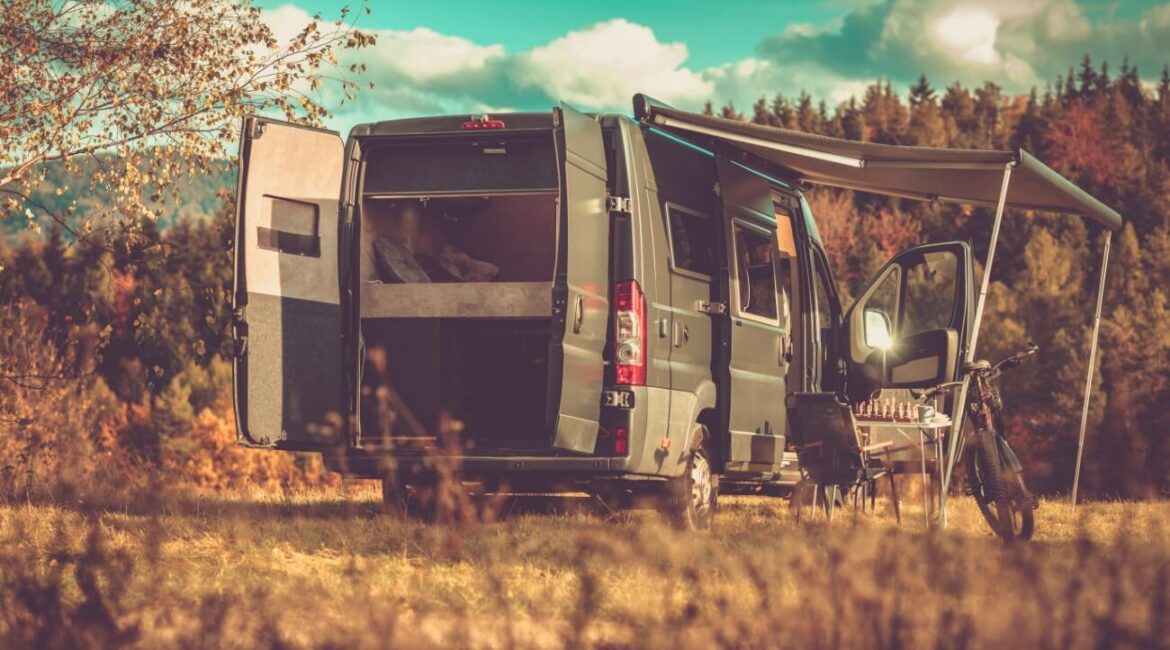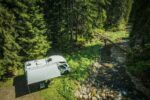Winter can be harsh on your beloved RV, especially the water lines. To keep your rig in tip-top shape for the cold season, it’s crucial to winterize it properly. In this guide, I’ll walk you through the process of blowing out your RV water lines, ensuring they stay safe from freezing temperatures.
Why Winterization Matters
As an RV enthusiast, you know the joys of hitting the open road. But when winter arrives, it’s time to prepare your home on wheels for the chill. Neglecting to winterize your RV can result in costly damage, and nobody wants to start the season with a broken water system.
Step-by-Step Winterization Guide
- Gather Your Tools: You’ll need an air compressor, a water pump converter kit, and RV antifreeze.
- Empty Your Tanks: Drain the fresh water tank, gray water tank, and black water tank.
- Bypass the Water Heater: Ensure your water heater is bypassed to prevent antifreeze from entering it.
- Connect the Compressor: Use the water pump converter kit to connect the air compressor to the RV’s water system.
- Open Faucets: Start with the faucet closest to the water pump and open all faucets, including the toilet and outdoor shower.
- Blow Out the Lines: Gradually increase the air compressor’s pressure to blow out all water from the lines. You’ll hear the hissing sound when it’s dry.
- Add Antifreeze: Pour RV antifreeze into all drains and toilet bowls to protect the P-traps.
- Inspect Seals and Valves: Ensure all seals, valves, and connections are well-maintained and not leaking.
FAQ : Winterizing Your RV Water Lines
Can I use regular air from a tire compressor to blow out my RV water lines?
It’s not recommended. Tire compressors can introduce contaminants into your RV’s water system. It’s best to use a dedicated air compressor.
How do I know when all the water is out of the lines?
Listen for a hissing sound from the faucets and fixtures. Once the hissing stops, it means the lines are dry.
Can I use a space heater to keep my RV warm in winter instead of winterizing it?
While a space heater can provide some warmth, it won’t prevent freezing in all areas of your RV. Winterization is the best way to protect your water system.
How often should I check for leaks in my RV’s water system during the winter season?
It’s a good idea to check for leaks periodically throughout the winter to catch any issues early.
Can I reuse RV antifreeze from last year?
RV antifreeze can be reused if it hasn’t been contaminated. Check the manufacturer’s recommendations for guidance.
By following these steps and tips, you can ensure your RV’s water lines are protected from freezing temperatures, keeping your home on wheels in excellent condition. Winterizing your RV may take a bit of time, but it’s a small investment for the peace of mind it provides during the cold months. Safe travels, even in winter wonderlands!❄️🚰
- Transform Your Health with Medford Medical Weight Loss Program - June 9, 2025
- A Chat with Nate and Mika, Christian Wedding Photographers - July 18, 2024
- Ultimate Guide To Playing Online Casinos - May 27, 2024









